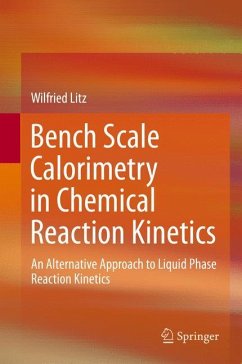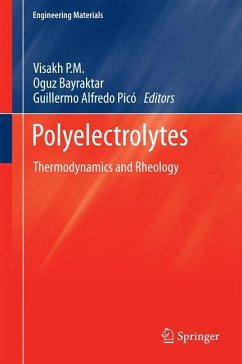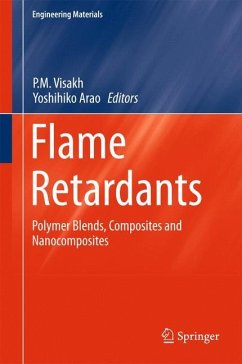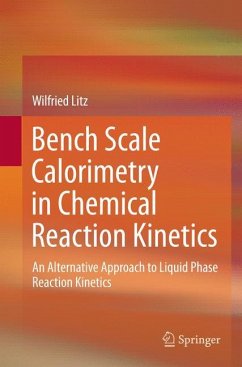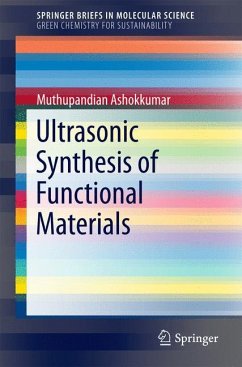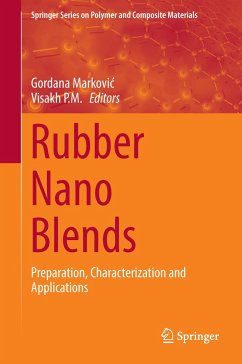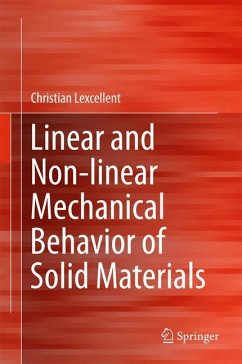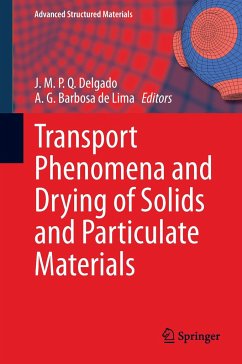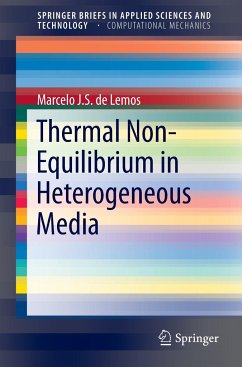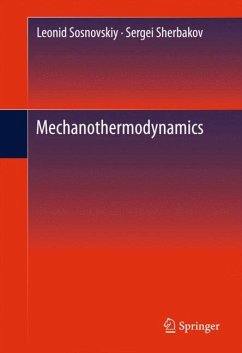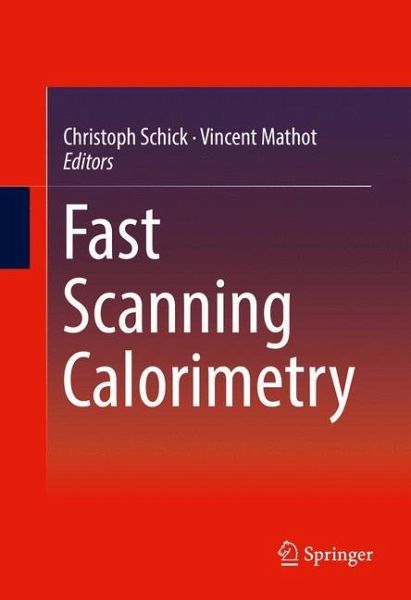
Fast Scanning Calorimetry

PAYBACK Punkte
144 °P sammeln!
In the past decades, the scan rate range of calorimeters has been extended tremendously at the high end, from approximately 10 up to 10 000 000 °C/s and more. The combination of various calorimeters and the newly-developed Fast Scanning Calorimeters (FSC) now span 11 orders of magnitude, by which many processes can be mimicked according to the time scale(s) of chemical and physical transitions occurring during cooling, heating and isothermal stays in case heat is exchanged. This not only opens new areas of research on polymers, metals, pharmaceuticals and all kinds of substances with respect ...
In the past decades, the scan rate range of calorimeters has been extended tremendously at the high end, from approximately 10 up to 10 000 000 °C/s and more. The combination of various calorimeters and the newly-developed Fast Scanning Calorimeters (FSC) now span 11 orders of magnitude, by which many processes can be mimicked according to the time scale(s) of chemical and physical transitions occurring during cooling, heating and isothermal stays in case heat is exchanged. This not only opens new areas of research on polymers, metals, pharmaceuticals and all kinds of substances with respect to glass transition, crystallization and melting phenomena, it also enables in-depth study of metastability and reorganization of samples on an 1 to 1000 ng scale. In addition, FSC will become a crucial tool for understanding and optimization of processing methods at high speeds like injection molding. The book resembles the state-of-the art in Thermal Analysis & Calorimetry and is an excellent starting point for both experts and newcomers in the field.





